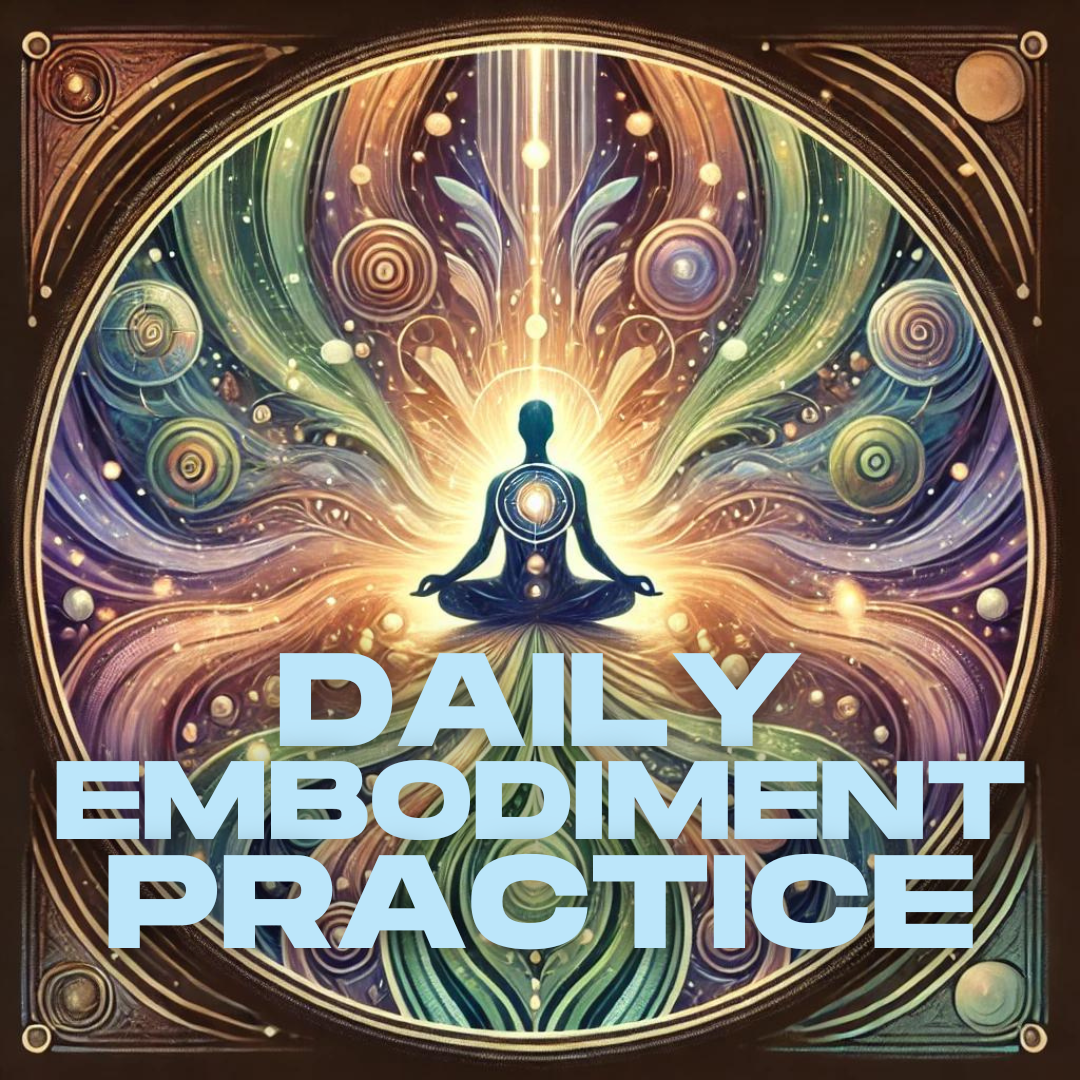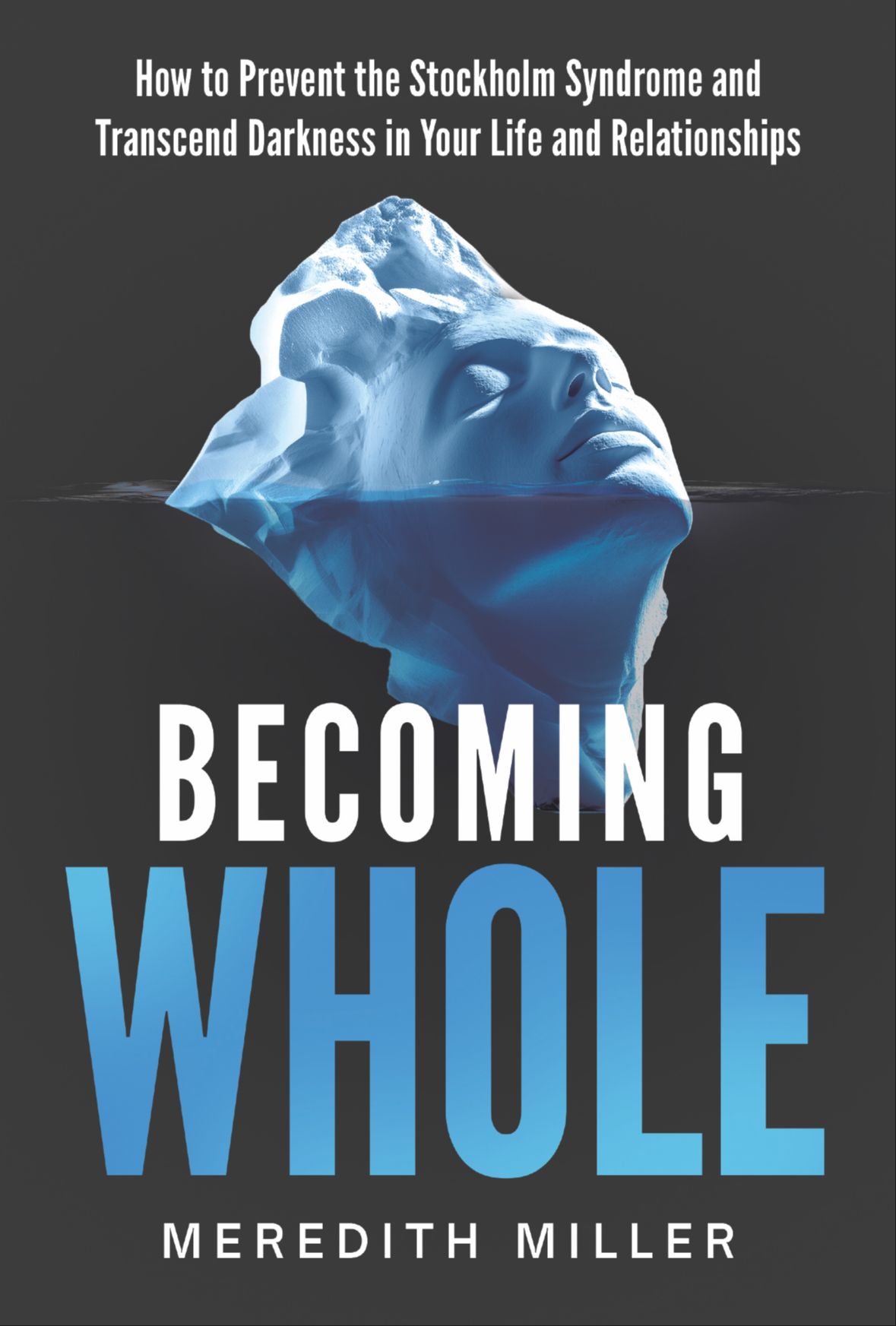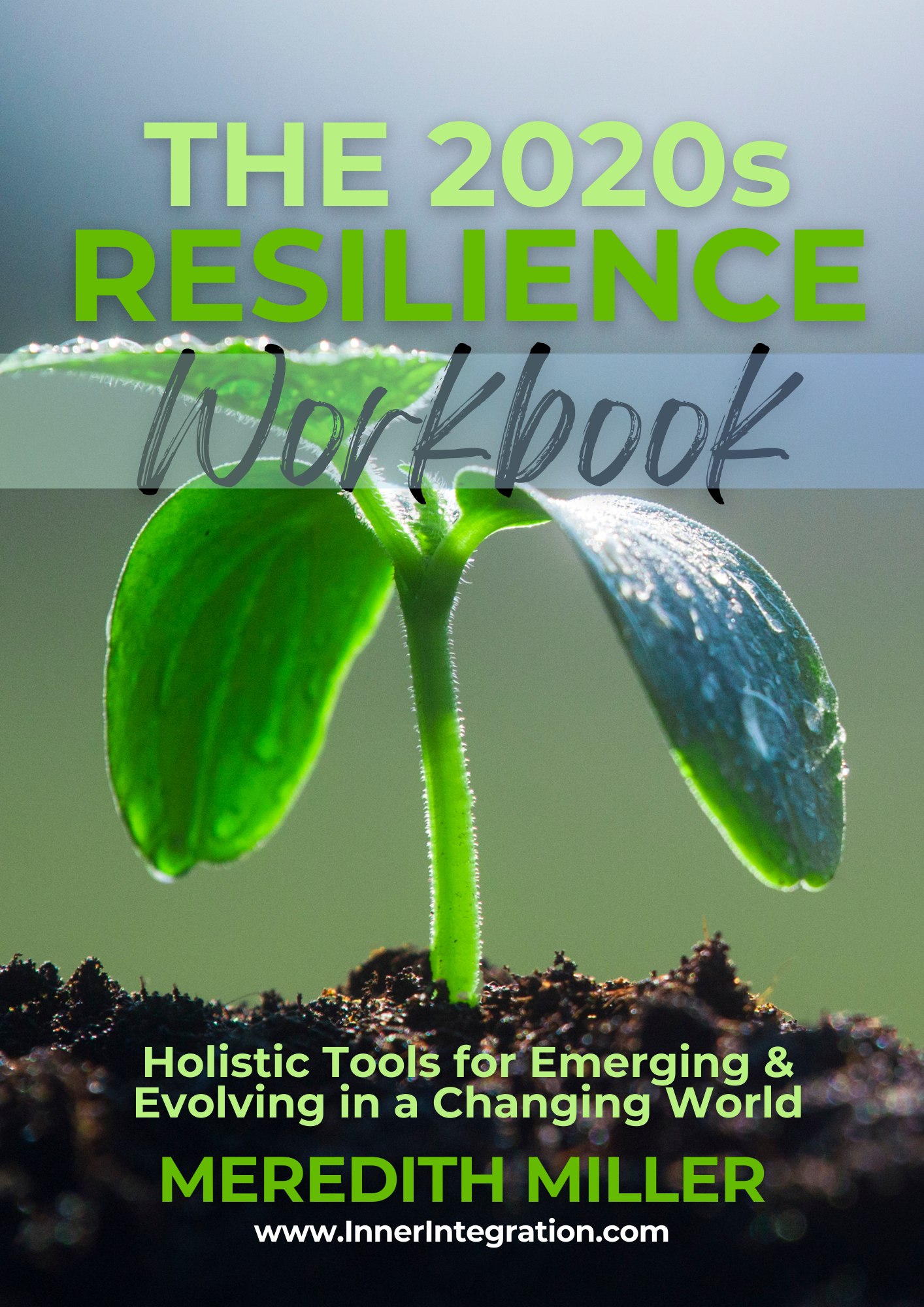When Boundaries Make You Feel Like A Bad Person

I recently read a comment on one of my videos that said, “My mental trap is feeling like I’m a bad person for ignoring and blocking. Even though he mistreated me, I still care in a sick way and I don’t like hurting people. I guess I am the people-pleaser. He is hoovering hard right now and I almost gave in. Thanks for saving me from making a huge mistake.
Feeling bad in this case means feeling guilt. However this is a false sense of guilt because setting boundaries isn’t wrong. It’s the right thing to do to prevent toxic people from draining your energy, taking advantage of you or hurting you.
In this episode, I want to explore this false sense of guilt that you might feel when you set boundaries with toxic people.
Are you looking for a licensed therapist to help you in your recovery? As you probably know, I no longer offer one-on-one coaching sessions so I’ve partnered with BetterHelp, an online portal of licensed therapists providing affordable therapy to you from the comforts and privacy of your home. You can talk with your therapist via video sessions, phone, chat and online messaging. BetterHelp is available worldwide and you can get matched with a therapist within 24h. When you visit BetterHelp.com/integration you’ll get 10% off your first month. You’ll find the direct link in the show notes. That link will take you to their intake questionnaire where you’ll answer some questions about what you want to work on. Be sure to check the box for abuse and trauma so they can match you with a therapist who specializes in that area. If at any point you want to switch therapists, you can also do that at no additional charge.
A false sense of guilt is often the result of a manipulator using the guilt-tripping tactic on a person who has a conscience.
Our sense of guilt comes from the conscience. This isn’t science. The conscience can’t be looked at under a microscope or studied by any direct means. We can only deter the existence of the conscience based on the effects it creates in our life. The conscience is really more of a spiritual concept. I’m going to delve further into that in an upcoming podcast episode.
The conscience is what differentiates normal humans from the disordered. Even though character disordered people have an impairment of, or in some cases a complete absence of, a conscience, that somehow doesn’t stop them from realizing that the rest of us do. That is exactly how they learn to manipulate their targets. Most abusers, especially of the covert type, are adept at eliciting a reaction of guilt from their targets when the abuser doesn’t get what they want.
You can count on guilt-tripping 100% of the time when you set a boundary with a covert manipulator. Sometimes it’s very, very sophisticated and you won’t notice it’s happening. Sometimes you will actually think you did something wrong, and sometimes you might even give into the agenda of the manipulator just to relieve yourself of the heavy burden of guilt. You’ll find that the giving in, while it creates a temporary relief and ease, will lead to long-term anxiety, panic, bigger problems, loss of self-trust, self-worth and a loss of self.
It’s always more uncomfortable and difficult to set and enforce the boundary in the moment. Think of this as an investment in your long-term peace. Be wiling to do the hard work and withstand the heat so you can get that monkey off your back and maintain your peace of mind.
What happens when you set boundaries with a toxic person:
-
They won’t take NO for an answer. They will come back with more rationalizations and justifications for why you should do what they want. These will likely all be of sound logic yet they're often off topic or tangential arguments that weren’t even the point of the issue, but are used as diversion tactics.
-
When you don’t give into the rationalizations and justifications, they’ll either bulldoze your boundary (overt style) or guilt-trip you (covert style) to try to get you to drop your boundary. The guilt-tripping is part of the manipulator playing victim.
-
When you don’t react to the guilt-trip by giving in, they will lay it on thicker. Manipulators will escalate the amount of guilt they’re serving you, as if they were turning up the volume button on an already obnoxious song that is grating on your last nerve. Just ignore all of their false accusations.
-
This guilt-tripping game will often end in some form of directly telling you, “you’re a bad person” or “you’re not compassionate” or some kind of indirect way of making you assume that’s what they’re implying between the words. This is when you can truly see the desperation of the manipulator to convince you that you are the problem.
You need to remain strong with your boundaries all the way through this process. The moment someone doesn’t hear your NO, and comes back with the rationalizations and justifications, that’s like the weather channel notifying you of an incoming tropical storm. We don’t know yet if it will turn into a hurricane but it might. Either way, when you get that warning, start preparing for what’s coming.
Expect the guilt-trip. That way when it comes, you can smile to yourself and know that you already saw this coming and you boarded up the windows and doors (your eyes and ears) in preparation for what’s likely coming next.
Now, the covert types are really good at this came. The guilt-trip is their specialty. They will use meticulous phrasing to try to hook you into the dynamic. This will be personalized to you and the history you have with that person as well as the things they know about you including your deepest desires and goals. Do not underestimate how low they will go. They will eventually go for the jugular, that thing that matters most to you or would hurt the most by causing you to doubt yourself. When they come at you with these phrases, it could be directly related to the issue that set off your need to uplevel the boundaries or it could be entirely unrelated to the topic. When a narcissist is feeling like they’re losing you, they will throw in everything AND the kitchen sink. When you’re in it and don’t understand what’s happening, it’s utterly overwhelming. But, when you know to expect this from manipulators, when it happens you can remind yourself how desperate they are to maintain control over you.
You saw an example of this in the video from a few years ago when I showed the text messages from a narcissistic sociopath I briefly dated at long-distance. When he didn’t get what he wanted from me (a relationship), he went for what he knew mattered most to me. He told me that I’m doing more harm than good with my coaching and YouTube channel. He told me that I’m leading people astray. What he really meant was "goddammit you’re giving people all my secrets and this is eventually going to make it harder to get what I want from people!” But he also knew that by attacking what’s most important to me, my sense of contribution to others, that was his only shot left to keep me hooked. A Hail Mary, if you will. He wanted me to feel guilt. I didn’t because I saw his game before his fingers could finish typing those texts.
When you can see the guilt-trip coming, you are going to be able to get through the storm with minimal damage.
The really skilled covert types will probably make you doubt for a minute. The more this happens and you practice warding off the false guilt, the easier it will be to not stumble on self-doubt when you know that a boundary makes sense for you.
When you’re setting boundaries with toxic people, the most important guidelines are:
-
NO means NO. NO is a complete sentence. You do not need to repeat yourself. No and period.
-
Do not give explanations for the boundary or defend your need for the boundary. Toxic people will only see these explanations as opportunities to keep negotiating on your boundary. They can even disguise their manipulations as concern or wanting the best for you. Avoid this confusion by not providing openings for them.
-
Remind yourself that you have the right to set boundaries and say NO when you aren’t feeling it. Remind yourself this means you’re taking care of yourself, and not that you're a bad person.
You’ll find that these guidelines aren’t even necessary when you’re dealing with non-toxic people. First of all, they’ll hear your NO the first time and say no problem. They won’t require explanations but if you happen to explain why you can’t or don’t want to do this or that, they’ll often tell you that you don’t have to explain yourself or that they totally understand that you’re just not into it. When you set boundaries that are respected, you won’t be doubting yourself and there won’t be any need to remind yourself that you have the right to set boundaries because the other person already reinforces that with the way they respond to your boundary. If you don’t have people like this in your life yet, you will eventually as you work through your healing process. These are true friends.
If you’re having trouble with the NO boundary, I highly recommend you read The Gift of Fear by Gavin DeBecker. I’ve mentioned this book a lot in videos and livestreams. Gavin is a former FBI agent who specialized in studying violent behavior. The opening scene from the book is exactly this pattern where a man offered to help a woman stumbling with bags of groceries at her apartment gate. She said no at first but allowed him to keep negotiating her boundary and that ended in a horrible scene.
My manicurist told me a similar story that happened to her last year when she was coming home from work. She was entering her apartment building when an upstairs neighbor, a military guy, walked in at the same time. He asked her to hang out. She said no. He insisted “Don’t be like this. I’ve seen you around here, you’re alone and I’m alone and I think we could really understand each other” as he stood between her and her door. She assertively told him, “Get out of my way” while using the formal pronoun to show distance between them, since he had taken the liberty of using the informal pronoun to address her as if they were on friendly terms. He sulked but left. Now he still stalked her for weeks, he even knocked on her door softly late at night. She didn’t answer. Here in Mexico, in the middle-class and poor neighborhoods, people often hang their clothes to dry on the rooftop. One day she noticed that a bra and pair of panties of hers were missing. There was no one else it would’ve been. He even took the hooks to make her doubt that she was missing something. What a sick pervert. Apparently around that time he creeped on two younger women in the building as well and the superintendent found out and evicted him. I’m proud of my manicurist. She handled that like a badass.
Now these are much more extreme situations that took place with strangers. Manipulators could be pushing your boundaries in much more subtle ways too. Those subtle ways that show up early in a relationship are the prelude to more serious boundary abuses. Notice the early warning signs in people you’re just getting to know and set healthy boundaries for yourself.
Do not negotiate your boundary of NO.
Now back to the original comment that inspired this episode, about feeling like a bad person for setting boundaries. Overcoming this is one part about your skills in setting and enforcing boundaries, which is something that you can only learn through immersion training, meaning when people push your boundaries and you must enforce them. The other part, is how much you know yourself. When you have a strong sense of self, you won’t allow other people to tell you who you are. You won’t give into their guilt-tripping to make you feel like a bad person for saying no. You’ll know that you’re a good person who has the right to have boundaries and the responsibility to uphold them. And you’ll know that people who try to convince you otherwise are not worth your time and energy.
If you’re struggling to redefine yourself after the abusive relationship you went through or growing up in a family like that where you weren’t allowed to have a sense of self since childhood, you can check out my course called, Redefining Yourself After Narcissistic Abuse. The link is in the show notes and you’ll also find it on the COURSES page on my website. In this course, you’ll discover more about what has defined you until now and also who you really are through a guided self-assessment. The course will guide you to reinvent your new sense of self and align yourself in authenticity with your new sense of self. This is very important work after abuse because once someone has gotten into your head and disturbed your sense of self, you’re more likely to people-please and pretend to be someone you’re not in order to make someone else happy. You’re also more likely to doubt yourself and who you are when the next manipulator comes along and tries to guilt-trip you out of your boundaries.
Going No Contact is going to feel horrible at first. You’re going to feel like it’s wrong to just cut someone off, especially if you’ve grown up in a family who taught you to people-please instead of taking care of yourself. Recognize this is just a program that’s running in your subconscious mind and you can change the program. I’ve found the most helpful thing for me to override the false guilt of setting boundaries is to remind myself of WHY. Think about all the things that person did (or didn’t do) that caused you to get to the breaking point of your relationship. The Sobriety List can help you with that. You can write down bullet points of every one of the unacceptable incidents that took place which justified your decision to go No Contact with that person.
That Sobriety List is like a cold water bucket of truth for you to turn to any time you doubt your decision. Manipulators will always hide and obfuscate the truth because that’s what they have to do in order to get away with it. The antidote to that gaslighting campaign is to stand strong in the truth.
The truth is something you can own internally. You don’t need to tell them all these reasons why you don’t want to have a relationship with them. In fact, I highly recommend not doing that because this falls into the trap of giving explanations for your boundaries. The only thing that’s going to happen when you start naming all the unacceptable behaviors of the manipulator, is they will counter every one of them with justifications, rationalizations, evasions and even blame-shifting. Speak your truth to yourself and the people who want to hear it. Don’t waste it on manipulators because that’s just throwing pearls to swine.
The false guilt is going to be the strongest among family relationships as well as other interpersonal relationships with intimate partners or friends, for example, who took care of you during a tough time in your life. Maybe you had an illness or accident, or you simply couldn’t hold down a job when the PTSD was really bad. So one way or another, you couldn’t function on your own for a while and you were dependent on an abuser to help you in some way. Just because someone helped you when you were unable to help yourself, that doesn’t give them the entitlement to abuse you. There is a particular brand of covert narcs who do exactly this. Sometimes they will actually manufacture the crisis (those are the most sadistic and malignant ones), but most of them will just take advantage of a crisis that happens to occur. They'll create a sense of debt in their targets by offering help and then continually reminding you of the help they gave you, expecting to cash in forever on that favor. Decent people help because they want to help, not because they expect those they help to feel indebted to them and not because they feel entitled to use and abuse people just because they helped them.
Seeing people less, especially family, is a tough pattern to break. The first time you opt out of a holiday gathering or weekly phone call you’re going to feel crushing guilt. It will get easier as you do this. Remember boundaries are only learned through immersion training, meaning in practice. So every time you practice setting and enforcing boundaries with manipulators, it gets easier and the false guilt gets lighter. You will be growing your self-worth and self-trust so you'll know that this is what you need to do to protect your health, sanity, wellbeing, autonomy, peace and everything else good that you’ve worked to create in your life.
The bottom line is setting boundaries does not make you a bad person. If someone says that to you after you set boundaries then you can see they equate “good” person to someone who does whatever they want. That is not a person you want in your life if you want to be healthy, sane and at peace.
The false guilt isn’t going to go away overnight, so don’t be surprised when it pops up again as you’re setting boundaries with manipulative people. Just remind yourself that it’s the old programming again and then remind yourself of the truth so you feel at peace with your decisions. As you build confidence setting boundaries with toxic people, this is going to become second nature. Every time you set healthy boundaries, you’re teaching your subconscious and nervous system a new program. That will help rebuild your sense of self-esteem. Eventually that new program supporting your health and wellbeing will run almost automatically.











